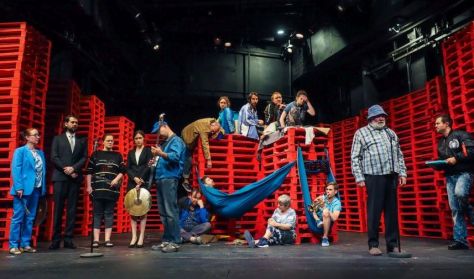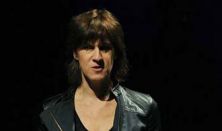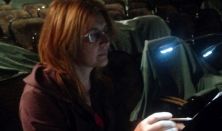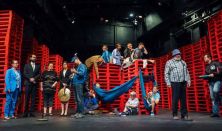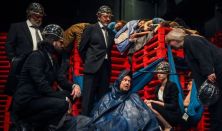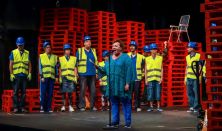A fairy tale is a short story that belongs to the folklore genre. Such stories may date back thousands of years, some to the Bronze Age. Tales were told or enacted dramatically, rather than written down, and handed down from generation to generation.
A parable is a succinct, didactic story, in prose or verse, that illustrates one or more instructive lessons or principles.
Some scholars of the canonical gospels and the New Testament apply the term "parable" only to the parables of Jesus. Jesus' parables are intended to make a single important point.
The Good Man of Szechwan follows a young prostitute, Shen Teh, as she struggles to lead a life that is "good" according to the terms of the morality taught by the gods, and to which her fellow citizens of Szechwan pay no regard, without allowing herself to be abused and trodden upon by those who would accept and, more often than not, abuse her goodness.
The play is an example of Brecht's "non-Aristotelian drama", a dramatic form intended to be staged with the methods of epic theatre. Brecht's interest in historical materialism is evident in the play's definition of contemporary morality and altruism in social and economic terms.
(Excerpts from Wikipedia)
The runtime of the show is 2 hours 45 minutes, with one intermission.
